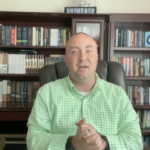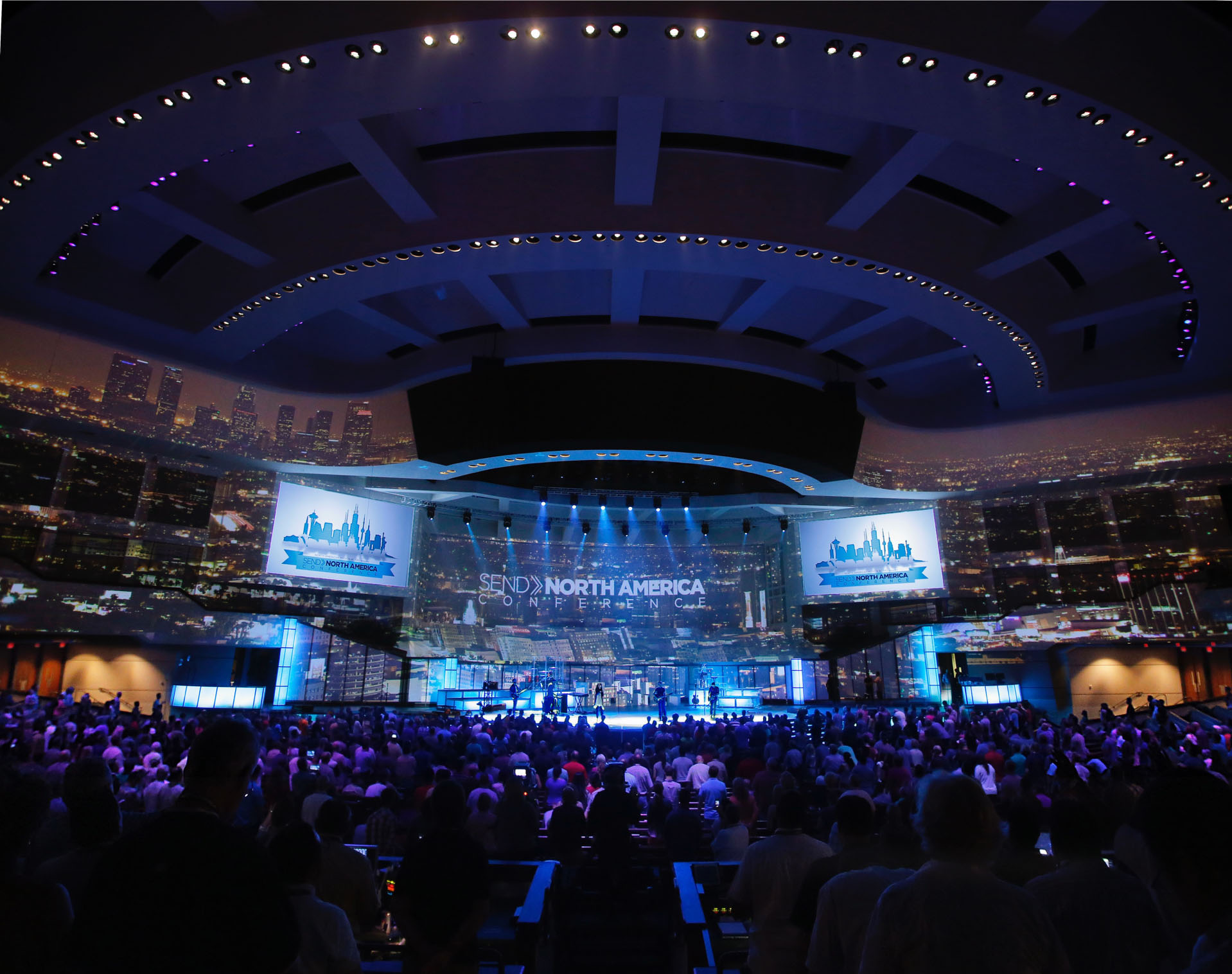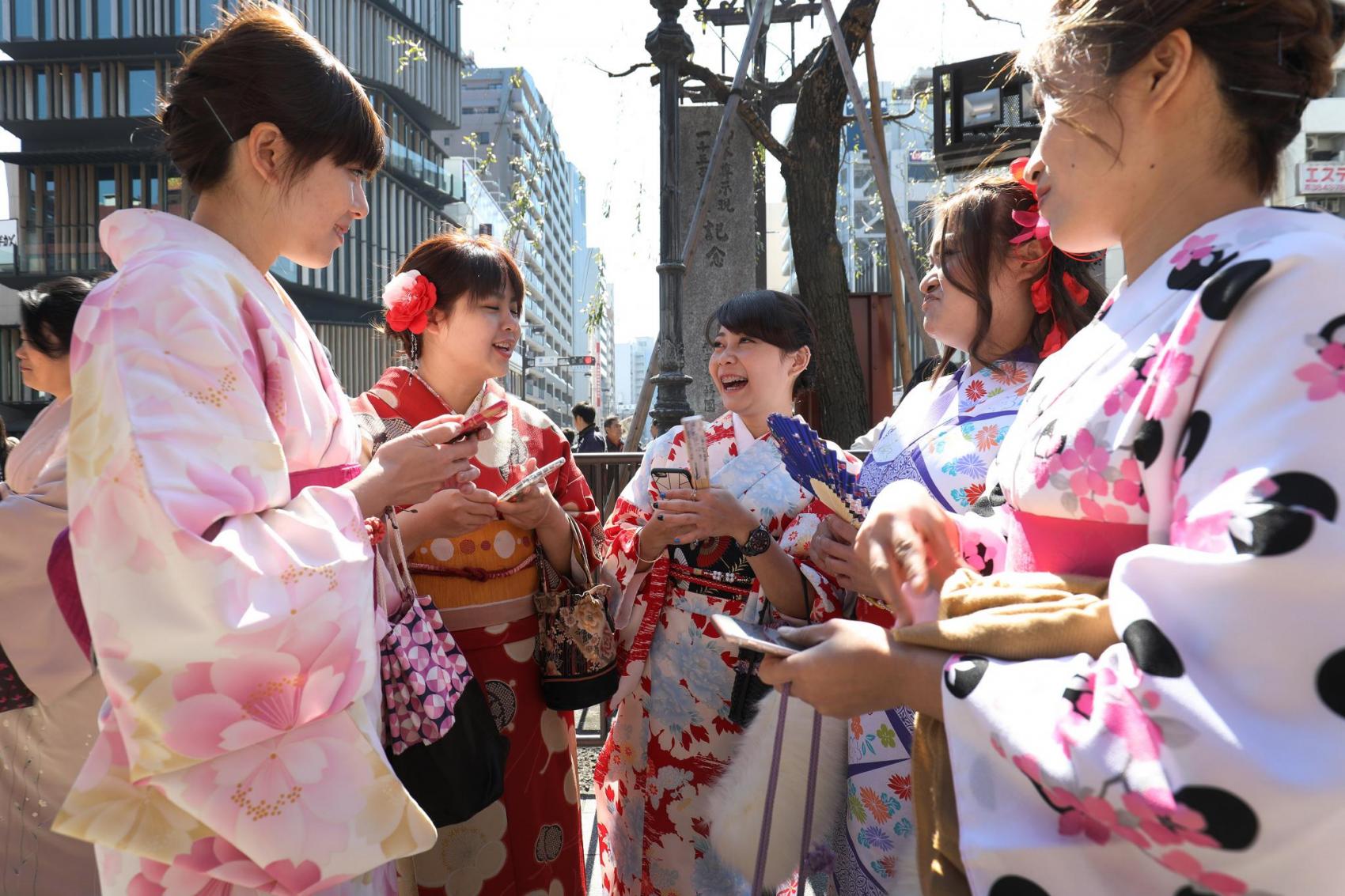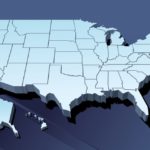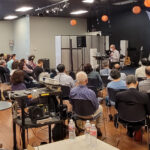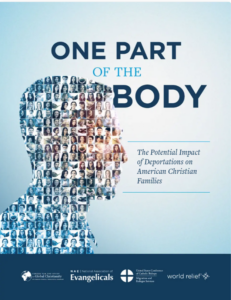
CAMBRIDGE, Mass. (BP) – The world-class academic environment of Boston has proved fertile soil for Antioch Baptist Church to grow a congregation full of college students, graduate students and those with advanced degrees. But even more than initials after names, you’ll find a passion in hearts to live as disciples of Jesus.
The congregation located near Harvard and MIT, demonstrates a commitment to lifelong learning and to replicating itself across the globe.

One might assume that having a congregation full of academics would dictate the direction of the church’s ministry. But Pastor David Um said that’s not the case.
“I feel it’s the other way around,” Um said. “The reason why we have so many people with advanced degrees is because of the ministry. Students came to know the Lord as students and many wanted to stay and grow within the church. One way to do that was to keep studying.”
Antioch Baptist “began as a seed planted in college ministry,” Um said. “Then all the rest of the church ultimately sprang from that.”
The children’s ministry, or ‘JOYLand’ as it is called, is populated, for the most part, by the children of university students who met at church, got married, became leaders and now raise their families within the various ministries. The congregation also has senior adults, many of whom are parents or grandparents of the students.
“Everything,” Um said, “revolves around our ministry at the universities.”
Reproducible model
Paul and Rebekah Kim founded Berkland Baptist Church in another academic town across the country – Berkeley, Calif. – in 1981. A decade later, they planted Antioch Baptist in Boston. Since then, they’ve planted more than two dozen more around the world, forming a network whose stated purpose is to “obey Jesus’ Great Commandment to love God and love one another (Matthew 22:37-39) and to fulfill his Great Commission to bring his message to the ends of the earth (Matthew 28:19-20).”
Since the Kims retired in 2011, Antioch Baptist has been led those they trained, including Um and his wife Angela.
Um was born in Seoul, South Korea, to non-Christian parents who relocated the family to New York City when he was 4 years old. His parents encouraged the children to attend a Korean church for purely cultural reasons.
Growing up, he said, “I heard the Gospel, but I didn’t know that I was a sinner. It was just ‘head knowledge.’ Jesus was not my Lord, and I did not obey Him.”
Um was “sprinkle baptized” at a Presbyterian church but said he “literally could not understand what they were saying in Korean. It was all meaningless [to me].”
It was not until he was an MIT undergrad that he came face to face with his own sin. “I realized I needed God’s forgiveness through the cross of Jesus,” he said. He met the Kims the same year they moved from California to start Antioch.
Um did obtain a degree in mechanical engineering from MIT, but after years of discipleship from Paul Kim, he was called to pastoral ministry. He received a Master of Divinity from Gordon-Conwell in 2011.
Um’s testimony is a familiar one to the more than 70 pastoral staff serving in the network of churches, which now includes congregations in California, Baltimore, D.C., Alaska, South Korea, Uzbekistan and other places.
More than ‘community’
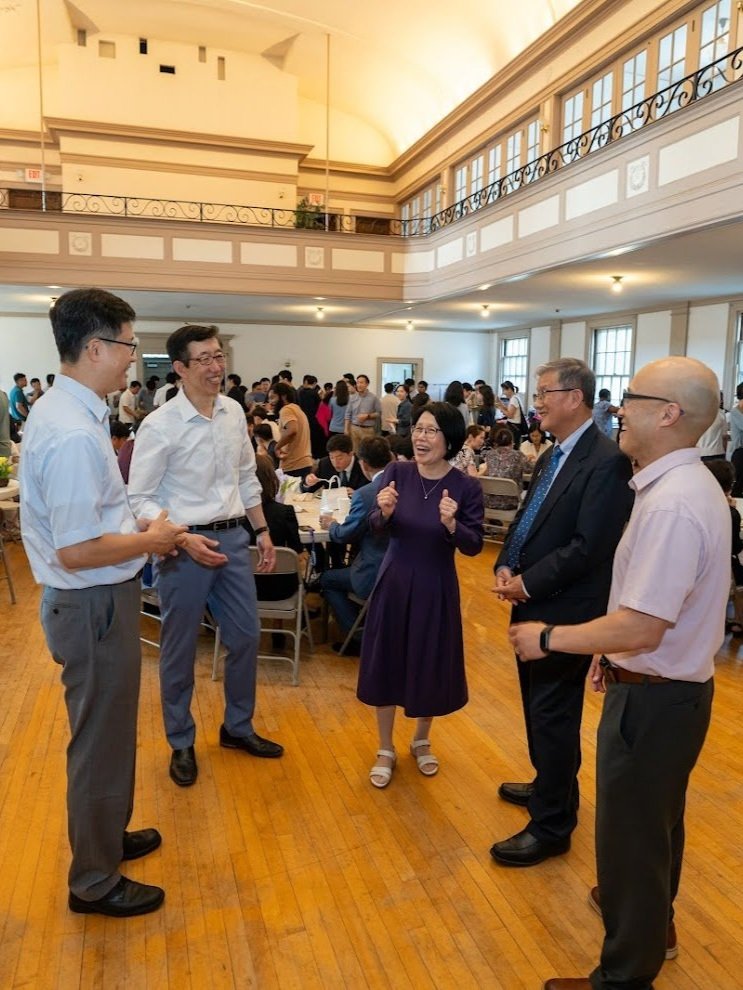
Cambridge is perhaps the most expensive real estate market in the country, which is one reason Antioch does not own a building. Members meet for Bible studies and age-graded gatherings at various locations around town.
Instead of investing in property, church leaders emphasize an investment in evangelism and overseas mission work.
“We don’t really have a neighborhood, except the college campuses,” Um said. And those have an ever-changing turnover as students complete their studies and seek employment or additional degrees elsewhere.
“It’s a different way to do evangelism and to build a church,” he said. “All I can say is everything I know comes from Dr. Paul and Dr. Rebekah.”
Paul Kim is now pastor emeritus of Antioch and continues to be active in organizational leadership. Rebekah Kim is a longtime chaplain at Harvard. She teaches Bible studies and leads seminars in Hebrew and Greek languages.
Um said close relationships, like the one he experienced with the Kims, are the key to the church’s success.
“In a world where relationships are broken and families are fragmented, the family of God provides a true home,” he said. “As we cultivate relationships in Christ, the Church is where we experience God’s concrete tangible love and participate in continuing God’s story of redemption of precious souls.
“All of us are interconnected by the command of God through the Word of God to love one another. I don’t want to use the word ‘community.’ The church is ‘family,’ because we have one Father in heaven, and the blood of Jesus is running through us.”



